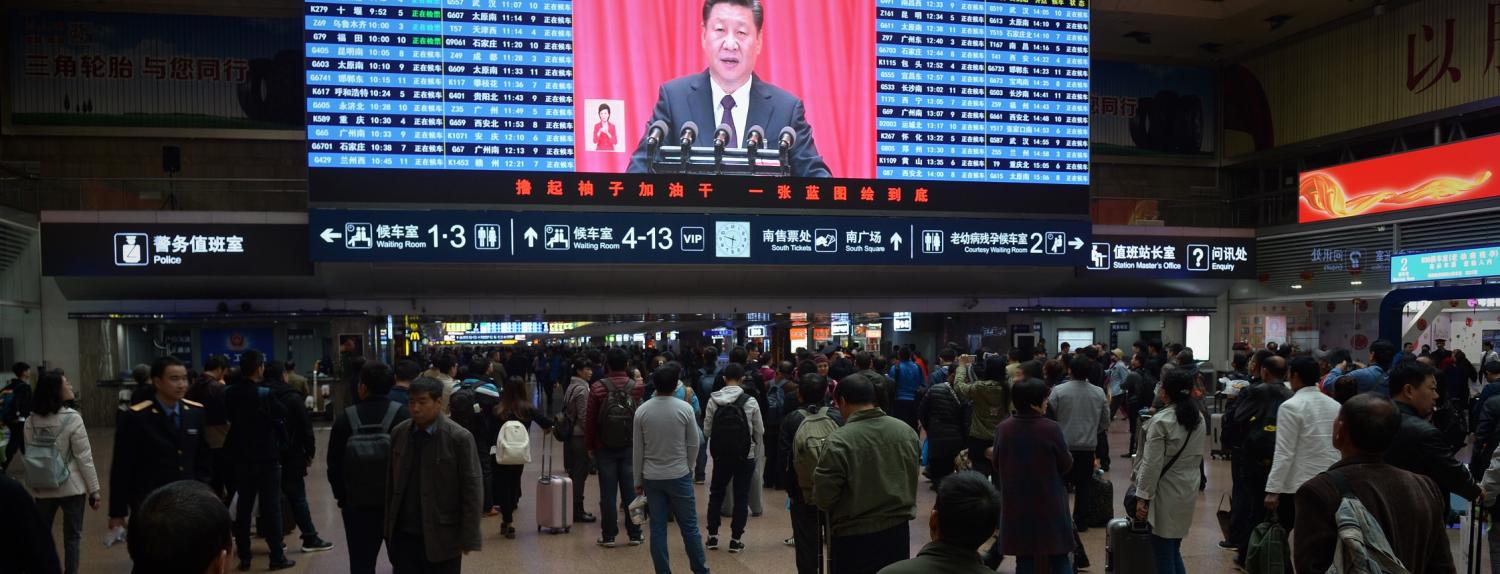- Thailand’s Prime Minister General Prayut Chan-o-cha announced this week that top Facebook executives would be coming to Thailand to meet with Thai leaders. Facebook denied the story – Thai authorities have yet to offer an explanation of the misunderstanding, which follows a year of strained relations with the social media giant.
- Want to know exactly what sort of cadre you are? Reformist? Conservative? There’s an app for that. The Chinese Communist Party is getting into the app development business, with predictably awkward results.
- Is China’s new cybersecurity law as set in stone as it appears? This commentary from New America suggests there is more internal debate about the law than meets the eye.
- Cybersecurity measures have taken a somewhat concrete turn in Yunnan this month, with knives required to be stamped with QR codes recording ownership information.
- Telegram’s woes in Indonesia have continued – following a protracted debate about the platform’s hosting of terrorist material, this month it was been investigated by the Indonesia government for allowing pornographic stickers. A similar fate befell chat app LINE last year.
- Facebook is growing its small business market in Vietnam, despite the country’s troubled relationship with online expression.
- Cambodia is planning to launch a satellite to help expand broadband internet access to rural areas. The project was initially meant to get underway in 2011. The new endeavour has partnered with a Chinese firm that helped Laos launch its first satellite in 2015 – it hopes to launch this satellite by 2021.
- North Korea has a new internet connection, this time via Russia. The new connection will make the North Korean internet more resilient in the face of cyber attacks.
- A project launched by at Hosei University in Tokyo is tracking fake news in advance of upcoming House of Representative elections. Another project, Factcheck, is undertaking a similar project with five online media companies, including BuzzFeed Japan.
- The Philippines this week arrested a 36-year-old Philippine woman suspected of recruiting foreign fighters for ISIS via social media. She is being charged in relation to 296 posts seeking to recruit reinforcements for besieged militants in the city of Marawi.
Digital Asia links: CCP apps, Telegram in Indonesia, Japanese fake news and more
Sarah Logan with the latest digital developments across Asia.

Photo: Beijing Youth Daily/VCG via Getty Images
Published 20 Oct 2017
Follow @DrSarahLogan
You may also be interested in
Why has Pyongyang suddenly fessed up to an outbreak after years of insisting the virus has been held completely at bay?
The Covid-19 “infodemic” has made plain the risks from ill-intended videos and photos. This is true for elections, too.
